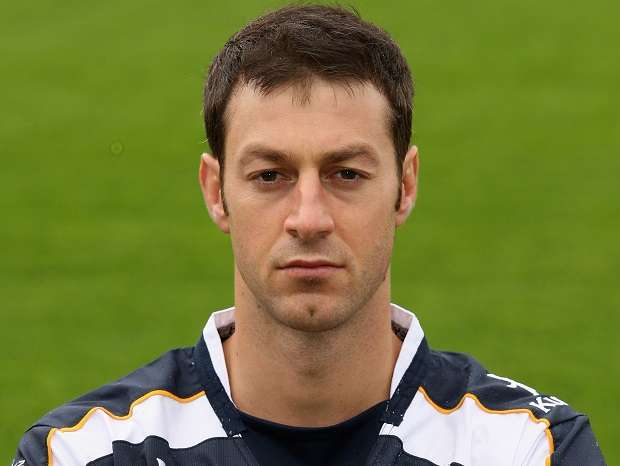
 Coming from South Africa I didn’t fully appreciated just how big a rivalry Wales versus England was, or the magnitude of the Six Nations and the history surrounding it, until I played in the opening game of the 2005 Championship – Wales’ Grand Slam winning year.
Coming from South Africa I didn’t fully appreciated just how big a rivalry Wales versus England was, or the magnitude of the Six Nations and the history surrounding it, until I played in the opening game of the 2005 Championship – Wales’ Grand Slam winning year.
As a professional sportsman you are trained to shut out external factors such as the crowd and purely focus on the job in hand, however it was impossible not to be caught up in the occasion; the noise was incredible.
Thankfully it didn’t affect my performance and we won a cagey game 11-9, best remembered for Gavin Henson’s long-range penalty and his big hits on Mathew Tait.
Momentum is such a big thing in the Six Nations and after winning that first game we felt no-one could stop us. Unfortunately, I pulled my hamstring in the second game against Italy, and only featured once more, against Scotland.
After winning the Slam, people like Gavin and Shane Williams became superstars overnight. I wasn’t in the limelight as much – maybe no-one knew who I was because of the scrum cap, which I’d worn from an early age after suffering a bad concussion at school – but I did notice how my value increased in the marketplace. I had offers from England and France but I stayed at the Dragons for another year before making a move to Harlequins.
Wales had been my home since the age of 18. I moved over in March 2000 after being scouted by Jake White while playing provincial rugby. Jake was good mates with Graham Henry who’d just taken over the Wales job and was looking to bring in a handful of promising young overseas players. It’s fair to say that Cape Town and Newport were worlds apart but the welcoming nature of the people in Wales soon made me feel at home. Having boyhood heroes like Gary Teichmann as a team-mate was surreal, too.
My first cap for Wales came as a very late replacement in a 2003 World Cup warm-up game at home to Scotland. I don’t think I’ve ever been as tired playing for just two and a half minutes as I was then. The following year I got my first start: a 50-44 defeat to Argentina in Tucuman when tackling was clearly optional. Scoring my first international try was a proud moment.
Then it was back to South Africa, and speaking Afrikaans to reporters for the first time in a few years. My presence in the Wales squad had created a fair bit of interest and I can still picture the fans making throat slitting gestures as we approached Loftus Versveld on matchday.
South Africa were on another level that day and won 53-18. It wasn’t the result we wanted but it didn’t feel like we were a million miles away, and we should have beaten them later that year when they toured the UK (38-36).
I think that helped fuel our drive for the Grand Slam in 2005, and we were all confident we could back it up the following year as competition for places was fiercer than ever. But we were a bit off the pace and doubts started to creep in. And then Mike Ruddock shocked everyone when he resigned after the Scotland game.
I went on to have my best game in a Wales jersey in the defeat against France, scoring my second international try, and that game helped earn me a two-year deal with Harlequins, who were looking to re-establish themselves in the Premiership after promotion.
I had a great time in London but missed my family terribly. They’d stayed behind in Wales so when Worcester came in for me I jumped at the chance to be nearer to home.
By that stage I’d contracted a rare disease in my knee which needed four screws to hold it together. I never really felt right while I was at Worcester, and a second operation on my other knee made me question whether I should carry on playing. Thankfully, Worcester agreed to release me from the final year and a half of my contract. My wife and I are now running our own property business back in Newport.

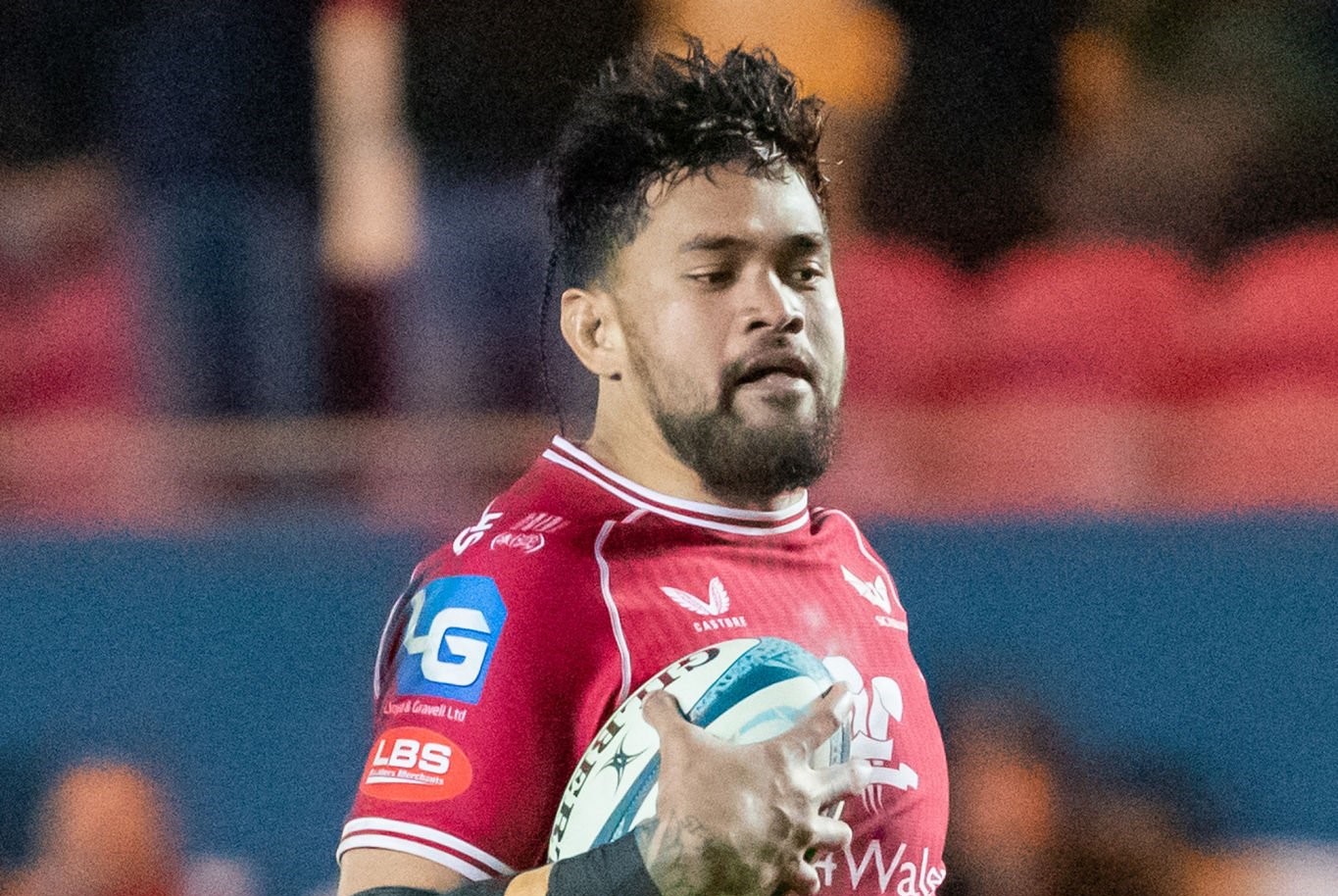
United Rugby Championship
Vaea Fifita’s commanding presence has Scarlets pushing for URC play-off spot
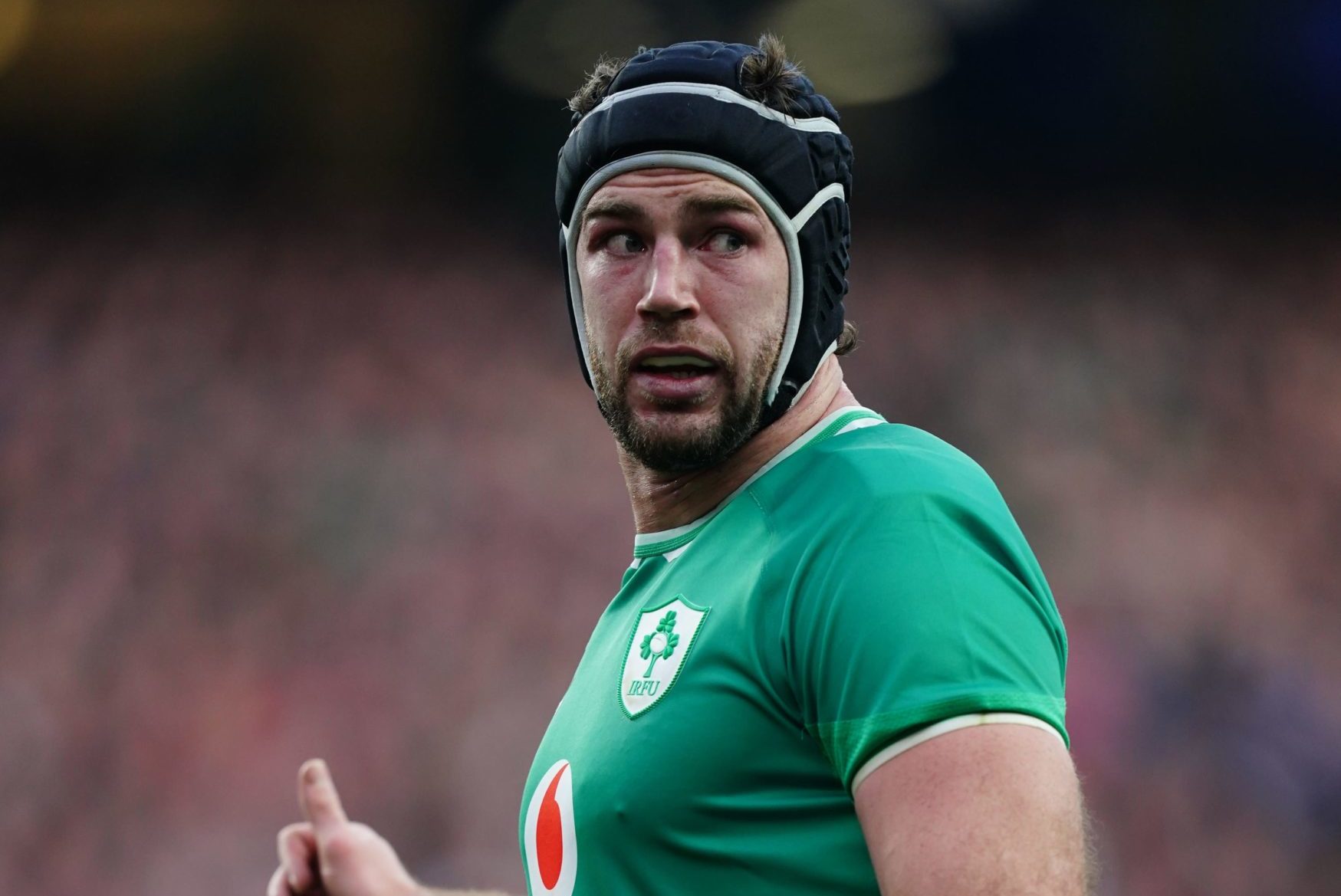
British and Irish Lions
British and Irish Lions Watch: Caelan Doris confirmed to miss the tour with injury

















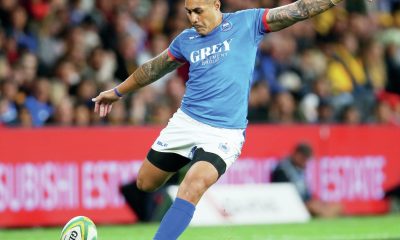

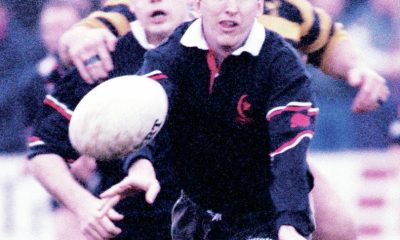





You must be logged in to post a comment Login